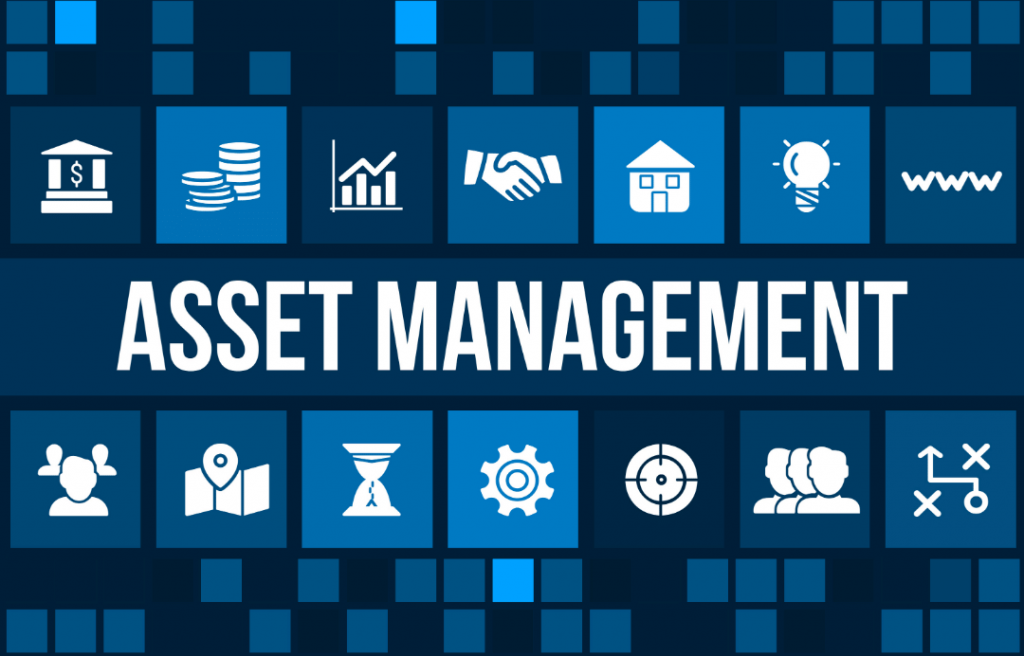Education & Career Trends: April 11, 2023
Curated by the Knowledge Team of ICS Career GPS

- Excerpts are taken from an article published on ibm.com
Today’s technology infrastructures weren’t designed for cross-organisational efficiency. Because of this issue, most organisations struggle with how to maximise their critical assets’ value throughout their lifecycle. But you can only manage what you can measure—and that means data is now the single most important resource available to you. With profitability, efficiency and customer loyalty at stake, as well as environmental, social and governance (ESG) goals to be met, data can make or break your competitive advantage.
The core challenge is the same regardless of the industry your operations support, whether it be the automotive, healthcare (2:30), civil infrastructure (02:29), or other sectors. You need to monitor and measure how asset performance affects business before flaws and anomalies cause troubles and manage responses accordingly. Also, having a comprehensive understanding of the data generated is necessary to assess its performance.
Every aspect of your operations, including all your critical assets and resources, has the potential to be connected, monitored, managed and optimised using technology.
With data confined in silos and complex systems running critical infrastructures, it’s no surprise that while the volume of data has never been greater, the value of data hasn’t been maximised.
How IAM helps to automate and optimise your vital assets:
Technology offers the ability to connect, monitor, manage, and optimise every element of your operations, including all of your vital assets and resources. Moreover, given the pressing need to operate a sustainable business, it is imperative that stakeholders have access to the capability of securely capturing, documenting, managing, and disclosing ESG data.
IAM, or Intelligent Asset Management, can help with that. IAM automates business processes and optimises the functioning of important assets using data and AI. You may more easily monitor, forecast, and boost asset dependability through self-optimising operations by using the power of data and AI.
Moreover, strict data management is necessary for the achievement of effective ESG objectives. In conclusion, this procedure necessitates a unique record-keeping system.
All of this lays the groundwork for using actionable insights to boost productivity, lengthen asset lifecycles, decrease downtime and costs, and do so while enhancing your company’s resilience and sustainability.
Your assets and operational strategy may be measured, managed, monitored, and maintained with the help of IAM. It can be utilised for making purchases, assets, people, and products. IAM evolves your platform for ideal integration, collaboration, and analytical insights.
Build sustainability and resiliency into your business:
Traditionally, unlocking the answers you needed to build agility and resiliency throughout your business required access to mountains of disparate data, along with the technology and acumen to extract actionable insights.
Nevertheless, by using an IAM strategy, you can control the chaos by giving your team access to data, workflows, and insights that they can use to leverage to make better decisions.
In the next three years, plans are in place for more data-intensive investments like AI, IoT, edge, and automation, according to the latest CIO research from IBM. This data is necessary for the insights that will revolutionise business, but since there is so much data, these insights frequently go unnoticed. Data decoding is crucial.
You’ll discover that production procedures are subpar and maintenance operations are ineffective if you don’t have a system in place to capitalise on operational data.
IAM may be used to gather the data that will enable you to identify the underlying causes rather than being concentrated on stabilising operational downtime and defects.
Your operations will change from a reactive, break/fix approach to a proactive forecast, address, and avoid downtime using this technique.
Also, you’ll save time, save expenses, and improve performance with that degree of control.
…
Have you checked out yesterday’s blog yet?
How can you foster trust in the workplace?
(Disclaimer: The opinions expressed in the article mentioned above are those of the author(s). They do not purport to reflect the opinions or views of ICS Career GPS or its staff.)
Like this post? For more such helpful articles, click on the button below and subscribe FREE to our blog.




2 Replies to “What is Intelligent Asset Management and why is it important?”